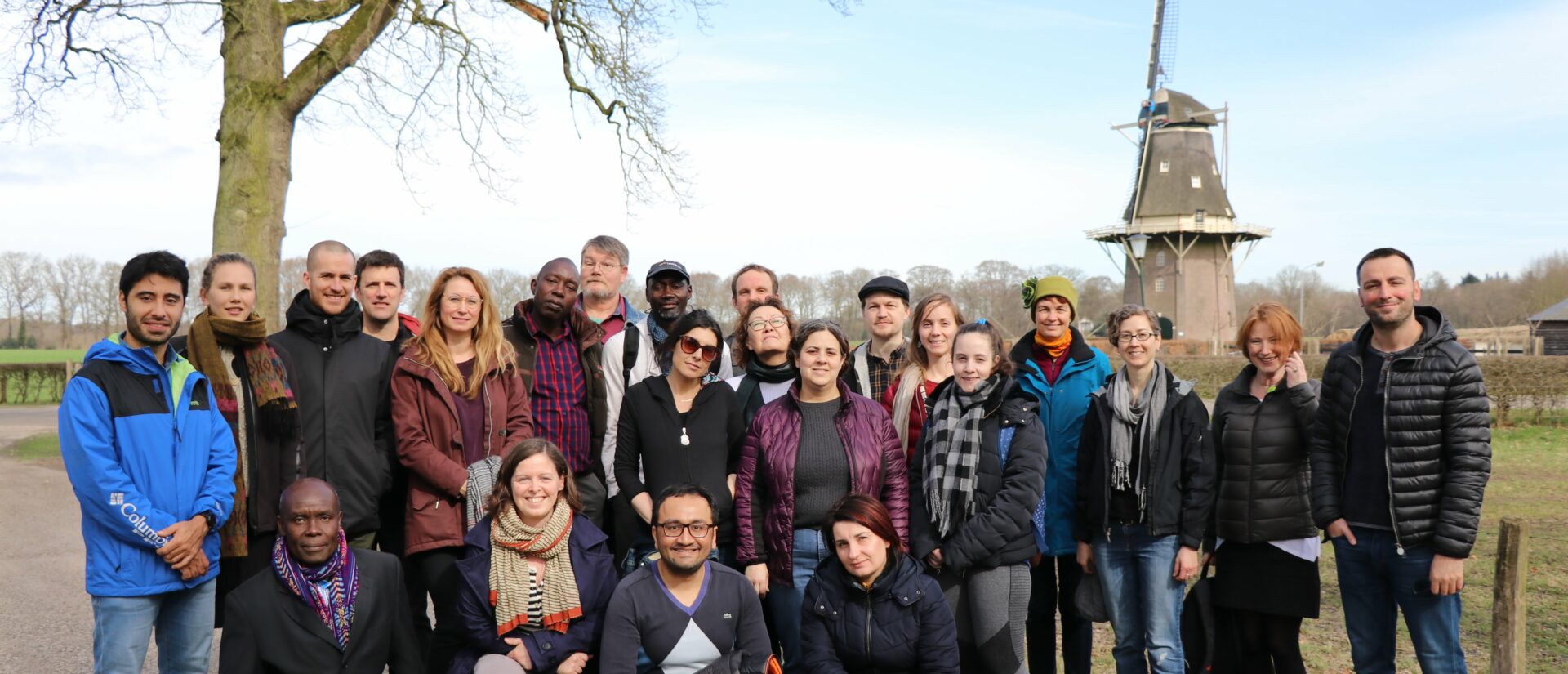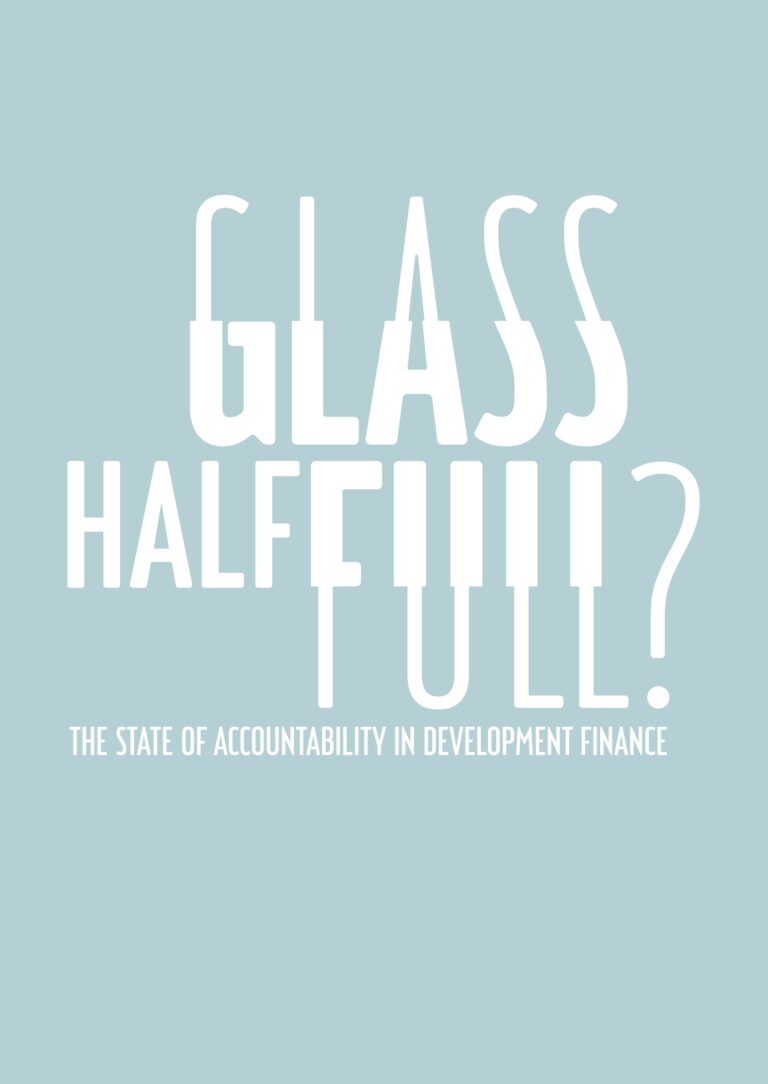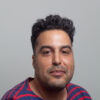
SOMO and partners join forces for better grievance mechanisms
In April, SOMO co-hosted the third annual retreat of the International Advocates Working Group (IAWG). During this 3-day event, 39 members of the IAWG network gathered in the Dutch city of Dalfsen to share information and lessons learned, and develop research and advocacy plans regarding non-judicial grievance mechanisms. The retreat was co-hosted by Both ENDS (The Netherlands), Bank Information Centre-Europe (The Netherlands), and the Foundation for the Development of Sustainable Policies (FUNDEPS, Argentina).
IAWG is a global network of civil society organizations and individuals committed to ensuring that non-judicial grievance mechanisms deliver justice and accountability. In particular, IAWG focuses on the independent accountability mechanisms that receive complaints from communities and workers adversely affected by activities supported by development finance institutions. The independent accountability mechanisms associated with these institutions offer an important, and sometimes the only, avenue for communities to seek remedy and hold corporations accountable.
“A lot of organizations or professionals are focussing on one or two accountability mechanisms in their daily work, so we tend to ‘work in silos’. Therefore, it’s very useful for us to come together and share experiences, because it helps to expand your view beyond your own silo” says Kris Genovese, senior researcher for SOMO’s Rights, Remedy and Accountability program. “One of the trends we discussed this year was that despite the regular revisions to the policies of many independent accountability mechanisms and the creation of new ones, we do not see the uptake of best practices, instead, we see an almost constant effort on the part of the development finance institutions to undermine the independence of their mechanisms and curtail their accessibility”, says Kris. To address this situation, IAWG retreat participants are working on a publication that will highlight the best policy provisions among all the independent accountability mechanisms on: mandate, functions, structure, outreach and information disclosure, complaints process, compliance review, dispute resolution, and advisory.
What’s the reason behind this trend? One of the participants of the retreat, Luz Julieta Rio Ligthart of the ‘NGO Forum on ADB’, says that “these financing institutions operate according to their mandate and business goals. They are not really concerned about safeguards and [grievance] mechanisms since they are just concerned about getting rid of the money that they have. Institutionally, these concerns are not really integrated into their business model. Aly Sagne from ‘Lumière Synergie pour le Développement’ in Senegal, thinks it’s also a basic “lack of culture and understanding of accountability at the management level of these development finance institutions”.
“As civil society organizations we should think about increasing our outreach to ensure that independent accountability mechanisms and their policies are better understood by civil society and local communities. In doing so, I believe that communities and civil society will be able to address more cases and increase engagement with development finance institutions”, says Aly.
Luz adds that “civil society organizations have to be united and continue with their campaigns but need to cut down on the rhetoric. Campaigns need to be based on real cases and provide new narratives and alternative models. I still believe that in the end, communities will be the ones themselves who will champion their causes and we, civil society organizations, will have to take the side lines.”
FUNDEPS(opens in new window) , one of SOMO’s key partners, will be hosting the annual IAWG retreat next year in Argentina with the experience they gained in helping to organize this year’s retreat, including a two-month fellowship at SOMO’s office by Agustina Palencia, who coordinates FUNDEPS’ program on democratic strengthening.
Partners
-
FUNDEPS – Foundation for the Development of Sustainable Policies
Related content
-
The Patchwork of Non-Judicial Grievance Mechanisms Published on:
 Kristen GenovesePosted in category:Publication
Kristen GenovesePosted in category:Publication Kristen Genovese
Kristen Genovese
-
Glass Half Full? Published on:
 Kristen GenovesePosted in category:Publication
Kristen GenovesePosted in category:Publication Kristen Genovese
Kristen Genovese
-
 Dutch State accused of failing to prevent genocidePosted in category:Case
Dutch State accused of failing to prevent genocidePosted in category:Case Lydia de LeeuwPublished on:
Lydia de LeeuwPublished on:


